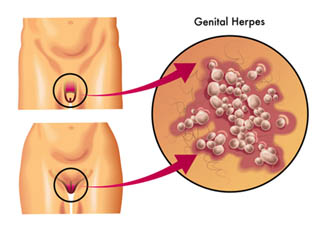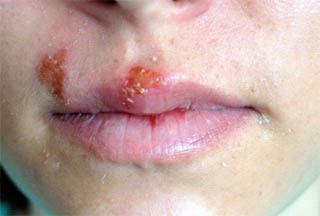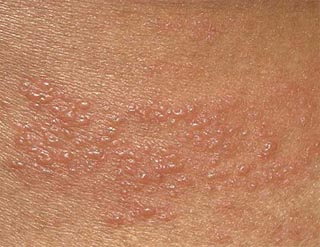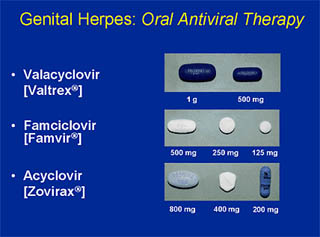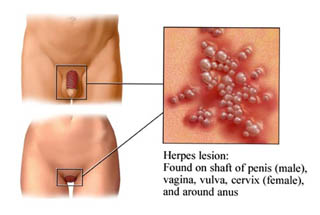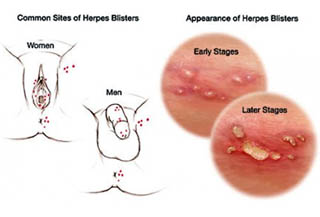The HSV or the Herpes Simplex Virus is the primary grounds of sores and blisters on mouth, buttocks, genitals and nose, however they might comes out everywhere on the skin. HSV infections might be very irritating due to they might reoccur occasionally. The sore may be very aching and unpleasant. For unceasingly ill individual and […]
The Helps Of Genital Herpes Pictures
Herpes is considered as one of the most aching and itching skin infection that acquires its roots deep within the spine and the outburst is able to comes out on person’s face and on the genitals, this is basicall description of this kind of infection. The disease is hard to manage and it affects so […]
Important Herpes Symptoms That Needs To ...
There are two kinds of hurts of the herpes virus and they are the Herpes Simplex 1 and the Type 2 Herpes Simplex. The Type 1 is the one liable for the oral herpes and this is typically identified as cold cores. This kind of herpes normally appears around or on the mouth. The Type […]
Herpes Symptoms That Needs To Be Determi...
Herpes is identified as awfully contagious and not curable. That is why it is very important that you consult your doctor if you acquire whatever signs of herpes. It is very important that just not attempt to neglect the signs or to try several products that are over the counter that may alleviate the irritation […]
Herpes Symptoms – What You Need To Know?
Herpes is terminal and tremendously contagious. This is the reason why you must consult it with a physician if you’re displaying symptoms of the disease. It is important that you would not just ignore the sign and symptoms of herpes nor try a few over the counter medication that can relieve the annoyance; however it […]
Difference B/W Herpes HSV-1 And HSV-2
The herpes simplex virus type 2 (HSV-2) is a double-stranded DNA virus with tropism neurological and mucocutaneous. The infection is usually acquired through sexual contact and causes genital ulceration. Persistent infection may be a source of clinical relapses. The application of new diagnostic procedures provided further insights into the biological interactions between HIV and caused […]
Herpes Treatment
The focus of treatments are attenuation of the viral shedding, complications and clinical course and to counsel the patient with respect to the transmission of genital herpes and natural course. It is essential that patients know that the use of anti viral treatments does not remove the latent virus. Furthermore, anti viral treatments do not […]
Signs of Herpes
Herpes attacks on the genital area are caused by either two strains of herpes simplex virus: HSV 1, which is linked primarily with cold sores on the mouth and HSV 2, linked primarily with lesions on the rectum, vagina or pennis. Infections with HSV 2 are generally without any symptoms. The truth is that ninety […]
Genital Herpes
Genital herpes is an infection of the genital and adjacent skin area with the herpes simplex virus. It is now the general cause of genital blisters. Sores generally advance for to seven days after contact and the state tends to relapse. It is really painful, the primary attack lasting two to three weeks. Babies can […]
Herpes Simplex
Herpes simplex infections are common in daily practice, and often the patient comes to the emergency services. These infections are occasionally recurrent, often painful and associated with systemic symptoms, by which the emergency physician must be familiar with the clinical diagnosis and management. There are two varieties of the Herpes simplex virus (HSV) capable of […]
